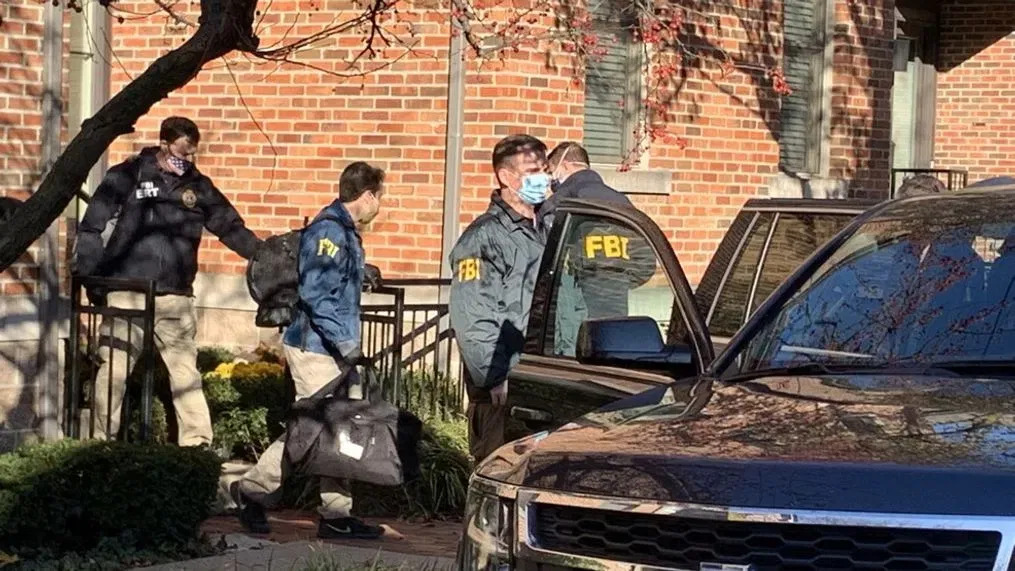An FBI raid has uncovered a complex web of alleged illicit activities involving high-ranking government officials and a notorious local business in Oakland, California. At the center of the scandal is Andy Duong, a key member of the Duong family and the self-proclaimed proprietor of the now-defunct Music Cafe. Duong is accused of using the cafe as a front for a sex trafficking and drug operation.
The Allegations
The Music Cafe, which also functioned as a karaoke lounge, was linked by state authorities to drug dealing, pimping, and human trafficking before its closure in early 2019, according to the Mercury News. Recent FBI operations on June 20 included searches at several locations, including the residences of Andy Duong, his father David Duong, Mayor Sheng Thao, and the offices of California Waste Solutions (CWS).
Political Connections
The investigation has revealed alleged financial dealings and contributions made to various political campaigns in the Oakland and South Bay areas. FBI agents previously raided a home owned by Democrat Oakland Mayor Sheng Thao, conducting “court-authorized law enforcement” at her property. David Duong, CEO of California Waste Solutions, and his son Andy Duong have deep-seated ties to Democratic politicians and businesses, according to NBC Bay Area.
Straw Donor Scheme
Andy Duong’s Instagram page features frequent posts with high-profile political figures, including President Joe Biden, Vice President Kamala Harris, Governor Gavin Newsom, Attorney General Rob Bonta, and Health and Human Services Secretary and former state Attorney General Xavier Becerra. Duong is accused of utilizing “straw donors” to mask contributions made to political candidates, circumventing campaign finance laws.
Undercover Operations
Documents filed by the Fair Political Practices Commission (FPPC) reveal that Andy Duong used “straw donors” to funnel money to political candidates. One alleged straw donor, Charlie Ngo, was arrested on suspicion of narcotics sales following a raid at the cafe. Between 2016 and 2018, individuals associated with the cafe gave roughly $18,000 to Oakland City Council candidates on behalf of Andy Duong.
Financial Irregularities
FPPC filings indicate that Ngo made significant campaign contributions despite having insufficient funds in his bank account. For example, he donated $700 to Friends of Desley Brooks with only $49.58 in his account and $700 to re-elect Oakland Councilman Larry Reid in 2016 despite having only $2.14. Investigators found that Ngo made large deposits just before or after writing his checks for these contributions.
Campaign Contributions
Mayor Sheng Thao, then a councilmember, received $2,400 from individuals associated with the cafe. One cafe owner admitted to giving $5,000 to then-Oakland Councilmember Lynette Gibson McElhaney’s legal defense fund and $800 to then-Oakland Councilmember Abel Guillen. While these elected officials have not been accused of violating campaign finance laws, the revelations raise questions about the integrity of political funding in Oakland.
The ongoing investigation into the Duong family’s activities and their connections to high-ranking officials has cast a shadow over Oakland’s political landscape. The use of the Music Cafe as a front for a sex trafficking and drug operation, coupled with the alleged campaign finance violations, highlights a troubling intersection of crime and politics. As the investigation continues, the implications for those involved remain to be seen.


You must be logged in to post a comment Login